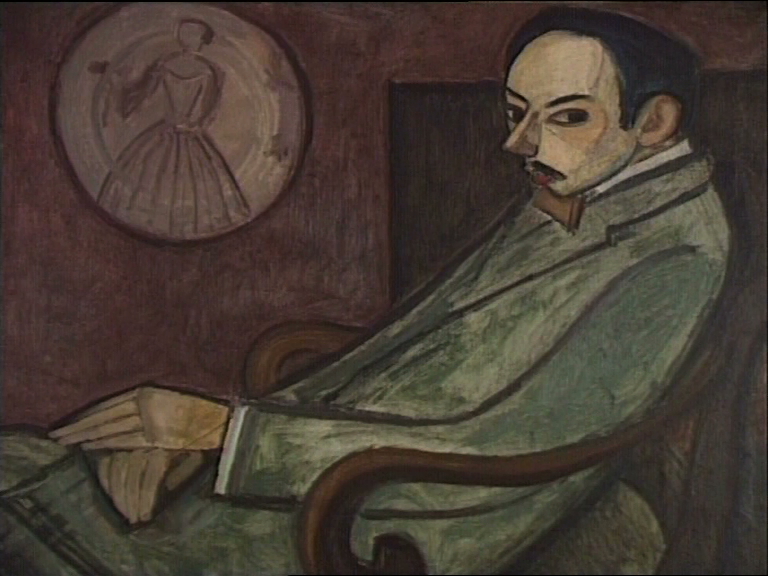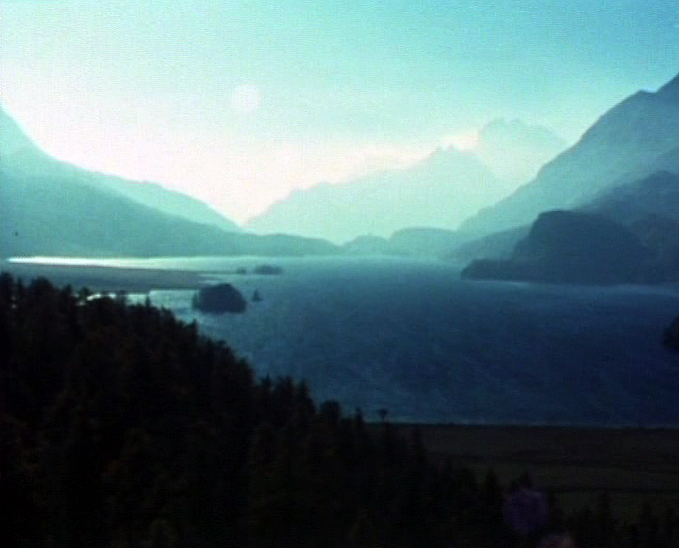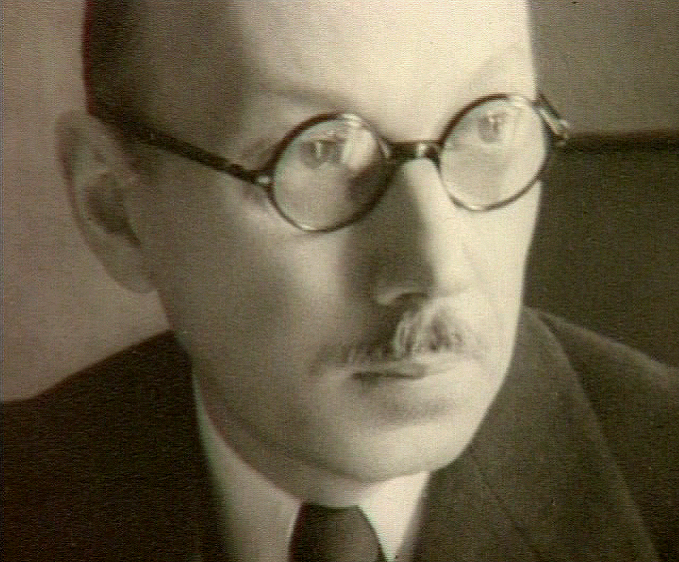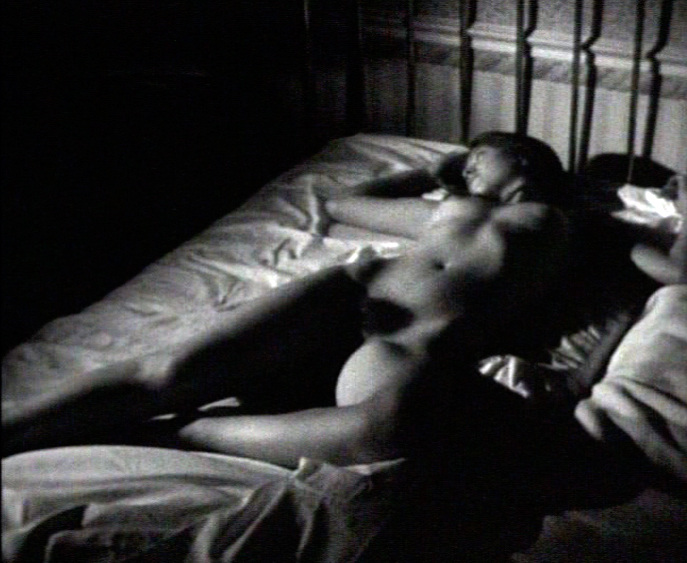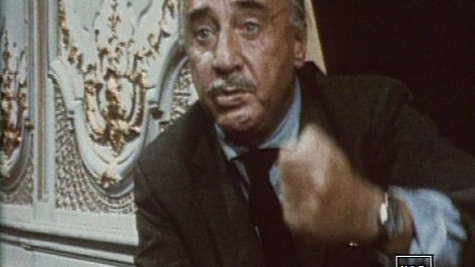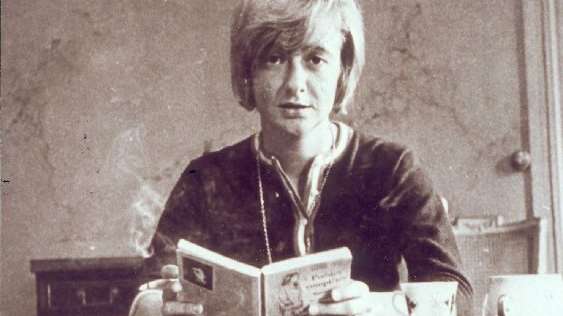Fire of the Flesh
Jouve died in 1976, to the general indifference of the public. The very high esteem in which he always held his writer's profession had taken him quite definitely away from a vulgar world revelling in a cultural void.
Nevertheless, after twenty years spent in the purgatory of French literature, his aristocratic figure shines like a black diamond in its firmament, between Appollinaire and Saint-John Perse. His Complete Works are currently being published in France and many of his texts are available in paperback.
Type (Documentaire / Documentaire fiction / Série documentaire)Documentary SeriesGenre en anglaisArt & cultureCollectionA Century Of WritersWritten byOlivier Mille, Robert KoppDirected by Olivier MilleSupported by Bibliothèque de France, CNCDistributed by ADAV, Artline FilmsYear1996Duration45min
Born in Arras in 1887, Jouve began his literary career in the close circle of Jules Romains and Romain Rolland. After the First World War, he gave a new direction to his work: under the impulsion of Freud, he started exploring the depths of our desire to die. Paulina 1880, Le Monde désert, andSueur de sang were born out of the splendours of Florence, Sils-Maria and Carona.
The film of Robert Kopp and Olivier Mille is not only retracing the steps of Jouve and locating him in his century. Through the landscapes he loved, by means of the paintings among which he lived and the music that was his own, the film recreates Jouve’s universe, both sensual and spiritual. Thus, the words his old mate Balthus, of Catherine Jouve, the poet’s grand-daughter, of Jean Starobinski, his friend during the dark years of the German Occupation, Michel Fano, who helped him deciphering the scores of Alban Berg, all these words piece together into a tale Jouve himself could have written. The existence of one of the most demanding witnesses of his time is so rich in events that we made a dramatic tale, full of surprises. The voice and the face of Jouve, extraordinarily mobile and expressive, are those one of the authors of the film met when he dedicated one entire Cahier de l’Herne to him. Jouve reading Le Bois des Pauvres, Jouve speaking about his melancholy childhood in Arras, of his life as a medical orderly during the First World War, of the call of the 18th of June…these are especially moving moments of this film that skilfully combines documents, interviews, testimonies, archives, landscapes and music.
press coverage
A beautiful presentation of a major writer, who died in 1976 in indifference, and whose work we are slow to rediscover.
Le Figaro
A beautiful and fascinating portrait of Pierre Jean Jouve, inviting us to take a stroll through the life and imagination of this poet. (...) The filmmakers have skillfully and subtly broken away from the traditional life-work dichotomy found in our literature books. Here, everything is intertwined, just as in the act of creation itself.
Télérama
